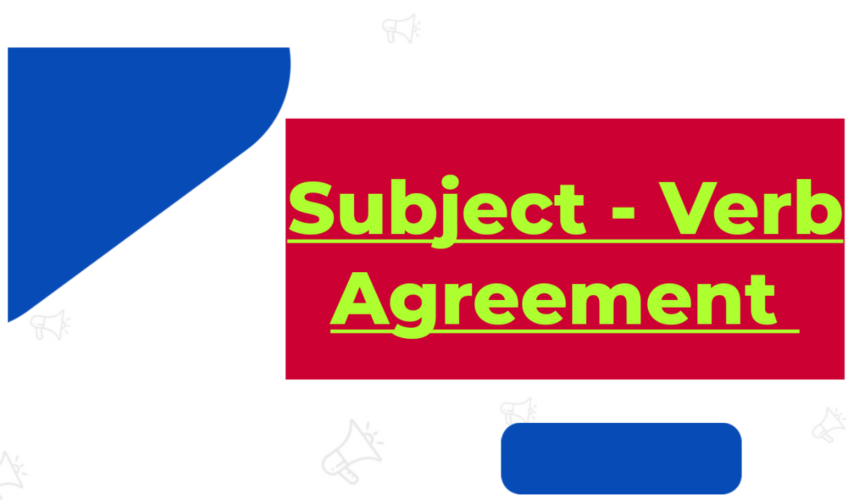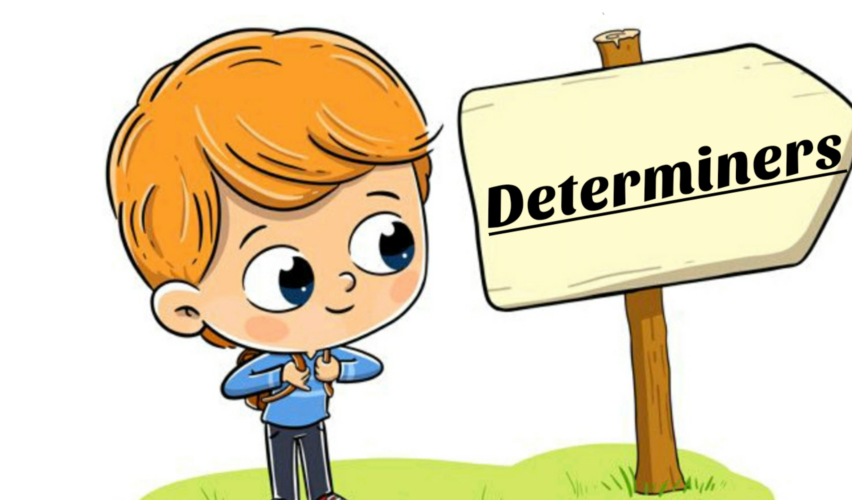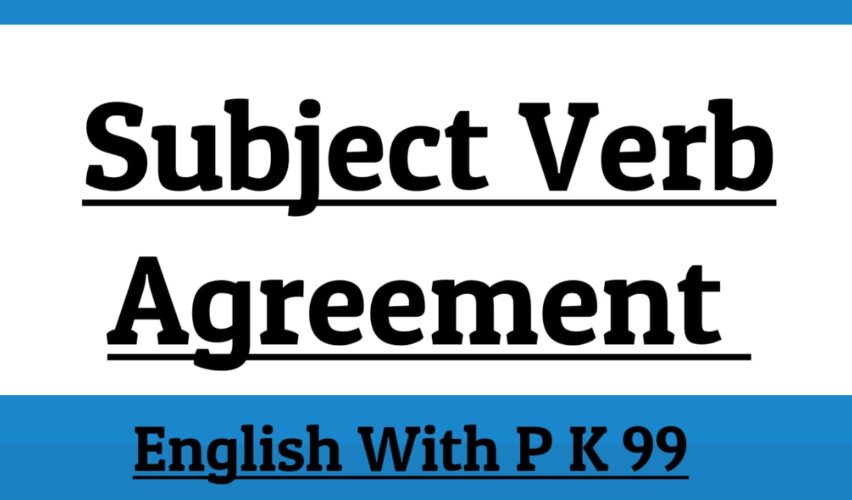Subject-Verb-Agreement
Generally verb agrees with the subject, but there are certain rules, lets discuss the rules.
Useful Notes On Determiners
The word that determines noun is called determiner. There are various types of determiners, article is also a important part of determiner.
Std.10 CBSE English Objective Paper II
CBSE board has prescribed objectives questions for std 10 th English , lets have a look for better perfection.
Std.10 CBSE English Objective Paper
This year CBSE board has prescribed Objective paper for std tenth English paper, lets have a look for better perfection.
Test Your Skill In Articles
Article is a very interesting topic in English, some rules are confusing specially of a, an , check your skill by attending this test
Leave Application Format for school, college students and officials
It is observed that many school students face problems in writing leave application, here is the format of leave application.
Deleted syllabus of 10 CBSE English
Due to COVID – 19 , school were mostly closed up to November in most of the states of India. That’s why , CBSE board has taken initiative to reduce syllabus of std 10 by 30% . following is the list of English syllabus deleted for the main exam
The Correct Use Of Determiners
Sometimes determiners confuse us because of their similar features, For example few, a few, the few , little a little, the little . Some and any. Few little. Many, much. Lets clear the confusion with examples
Determiners
* A determiner is a word that determines or limits the noun that follows it.* A determiner is a kind of adjective but there is one important difference with a few exceptions, determiners don’t have the three degree of comparison as adjectives have. A) Few / a few1. Sorry we have few holidays.2. Yes there …...
Subject, Verb, Agreement
A verb should / must agree with its subject in number and person. Quite, the verb is made to agree in number with a noun near it instead of with its proper subject. Q.1 Choose correct options (is / are) 1. Two dozen oranges are packed. 2. Every family is called. 3. All your advice …...









